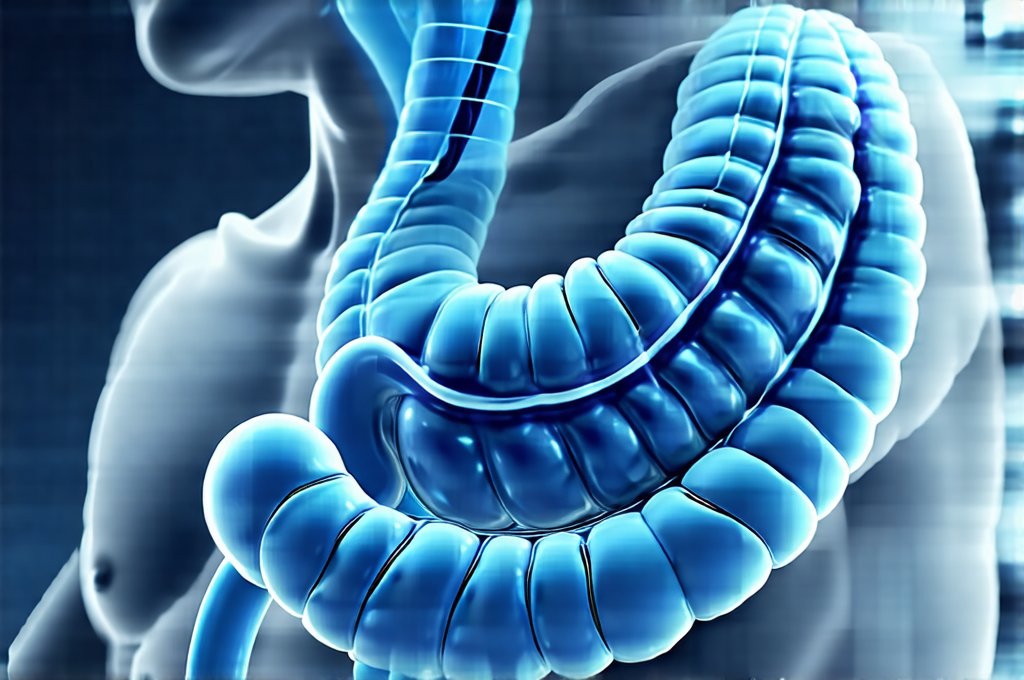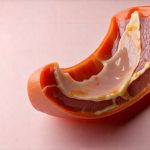Acid reflux, also known as gastroesophageal reflux disease (GERD), is a surprisingly common condition affecting millions worldwide. It occurs when stomach acid frequently flows back up into the esophagus—the tube connecting your mouth to your stomach—leading to symptoms like heartburn, regurgitation, and even difficulty swallowing. While often managed with over-the-counter medications or lifestyle adjustments, understanding the underlying causes of acid reflux is crucial for long-term relief. Many people assume it’s simply ‘too much’ stomach acid, but a growing body of evidence suggests that digestive insufficiency – specifically, a lack of adequate digestive enzymes – can play a significant role in its development and exacerbation.
This isn’t to say everyone with acid reflux has an enzyme deficiency, but the connection is worth exploring. Efficient digestion relies on a cascade of enzymatic processes breaking down food into absorbable nutrients. When this process falters, undigested food lingers longer in the stomach, increasing pressure and the likelihood of backflow. Furthermore, incomplete digestion can lead to fermentation, creating gas that contributes to bloating and discomfort, potentially worsening reflux symptoms. Addressing potential enzyme deficiencies alongside other management strategies may offer a more holistic and effective approach to managing this frustrating condition. Many find relief with improved digestive enzymes.
The Digestive Process & Enzyme Roles
Digestion isn’t just about mechanically breaking down food; it’s a complex chemical process driven by enzymes. These biological catalysts are specialized proteins that speed up the breakdown of carbohydrates, proteins, and fats into smaller molecules our bodies can absorb. – Amylase breaks down carbohydrates into simple sugars – Protease breaks down proteins into amino acids – Lipase breaks down fats into fatty acids and glycerol. Each stage of digestion—from the mouth to the small intestine—requires specific enzymes working in sequence. A deficiency in any one of these can disrupt the entire process, leading to maldigestion and a host of related issues.
When food isn’t properly digested, it remains in the stomach for an extended period. This increases gastric pressure, making acid reflux more probable. Furthermore, undigested carbohydrates ferment in the gut, producing gas and bloating that further exacerbate symptoms. The resulting discomfort can prompt individuals to use antacids frequently, masking the problem without addressing the root cause—the lack of enzymatic support. It is important to remember that stomach acid itself isn’t necessarily the enemy; it’s a necessary component for digestion, but its effects become problematic when coupled with incomplete breakdown and prolonged gastric residence time. Understanding how fiber impacts this process can also be helpful.
The efficiency of enzyme production can also be affected by several factors including age, diet, stress levels and certain medical conditions. As we age, our bodies naturally produce fewer enzymes. A diet lacking in nutrient-rich foods may not provide the necessary building blocks for enzyme synthesis. Chronic stress can deplete enzymatic reserves as the body prioritizes other functions. Understanding these contributing factors is key to identifying if digestive enzyme support might be beneficial.
Enzyme Supplementation: Considerations & Types
If maldigestion is suspected, or after consultation with a healthcare professional, supplementing with digestive enzymes may prove helpful. However, it’s not a one-size-fits-all solution and requires careful consideration. – Full spectrum enzyme formulas contain a blend of amylase, protease, and lipase, along with other enzymes to address a wider range of dietary components. – Specific enzyme formulations are available for particular dietary sensitivities or needs (e.g., lactase for lactose intolerance). – Enzyme potency is measured in units; higher numbers generally indicate greater activity.
When choosing an enzyme supplement, look for products from reputable brands that undergo third-party testing to ensure quality and purity. Start with a low dose and gradually increase as needed, paying attention to your body’s response. It’s also crucial to take enzymes with meals—ideally at the beginning—to maximize their effectiveness. Taking them on an empty stomach won’t yield the same results since there’s no food for them to act upon. Remember that enzyme supplementation is often most effective when combined with dietary changes and other lifestyle adjustments aimed at improving digestion overall. Digestive enzymes can also play a role in broader gut health.
It’s also worth noting the difference between plant-based and animal-based enzymes. Plant-derived enzymes are generally more stable in acidic environments, like the stomach, making them potentially more effective for some individuals. However, both types can be beneficial depending on individual needs and preferences. Always consult a healthcare professional before starting any new supplement regimen, especially if you have underlying health conditions or are taking other medications.
Dietary Strategies to Support Digestion
While enzyme supplementation can be helpful, optimizing your diet is fundamental to improving digestion and reducing acid reflux. This means focusing on foods that are easily digestible and avoiding those that commonly trigger symptoms. – Smaller, more frequent meals put less strain on the digestive system than large, infrequent ones. – Thorough chewing breaks down food mechanically, easing the burden on enzymes. – Staying hydrated supports enzymatic activity and promotes efficient digestion.
Foods rich in naturally occurring enzymes can also be beneficial. Pineapple contains bromelain, a protease that aids protein digestion; papaya contains papain, another potent protease. Fermented foods like yogurt (with live cultures), kefir, sauerkraut, and kimchi contain probiotics—beneficial bacteria—that support gut health and improve overall digestion. Conversely, limit consumption of common reflux triggers such as: – Fatty or fried foods – Citrus fruits and juices – Chocolate – Caffeine – Alcohol
Reducing processed foods, refined sugars, and artificial sweeteners can also significantly improve digestive function. These substances often lack essential nutrients and can disrupt the delicate balance of gut bacteria. Prioritizing whole, unprocessed foods provides your body with the building blocks it needs to produce enzymes naturally and maintain a healthy digestive system. Aloe vera can also be a soothing addition to this dietary approach.
Beyond Enzymes: Holistic Approaches to Reflux Management
Successfully managing acid reflux requires a multifaceted approach that goes beyond simply addressing enzyme deficiencies. Lifestyle factors play a crucial role in preventing symptoms and promoting long-term relief. – Maintaining a healthy weight reduces pressure on the stomach – Elevating the head of your bed can prevent nighttime reflux – use gravity to your advantage! – Avoiding eating close to bedtime allows food to digest before lying down.
Stress management techniques, such as yoga, meditation, or deep breathing exercises, can also be beneficial. Stress can disrupt digestive function and exacerbate reflux symptoms. Identifying and addressing underlying stress triggers is an important component of holistic management. Furthermore, paying attention to food sensitivities and intolerances—beyond the common triggers mentioned earlier—can help pinpoint specific dietary culprits contributing to your symptoms.
Ultimately, a collaborative approach involving a healthcare professional and a personalized strategy tailored to your individual needs is the most effective way to manage acid reflux. Enzyme supplementation can be a valuable tool within that framework, but it’s just one piece of the puzzle. By focusing on optimizing digestion through diet, lifestyle changes, and targeted support when needed, you can significantly reduce symptoms and improve your overall quality of life.


















